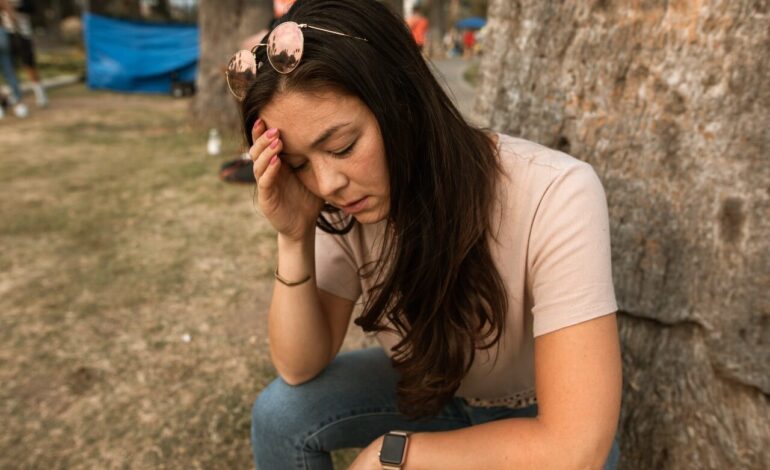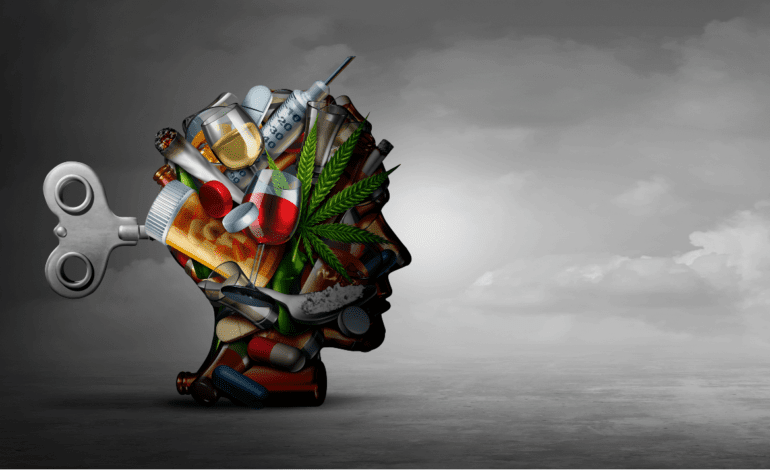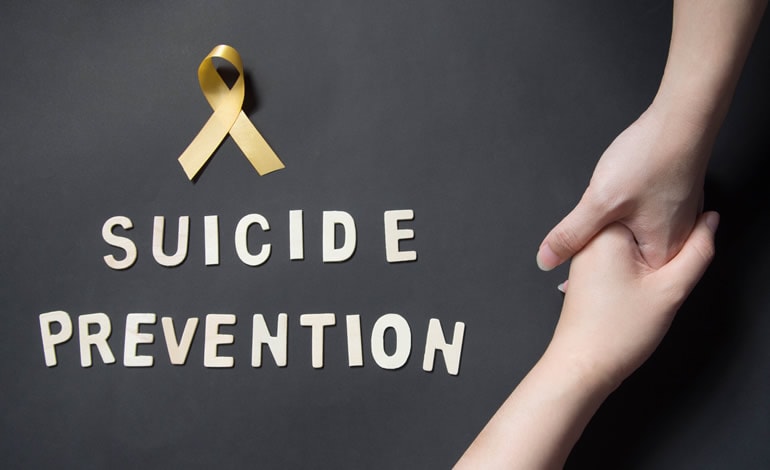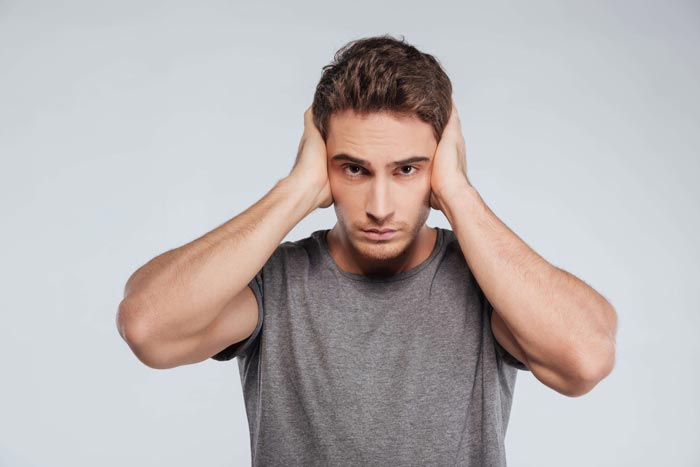Minority Mental Health in America
“Minority Mental Health Month is a nationwide effort developed by Mental Health America to shed light on the multitude of mental health experiences within BIPOC (Black, Indigenous, People of Color) communities and others that face disproportionate inequities due to systemic barriers and historical adversity”.
Marginalized, oppressed, and disenfranchised minority populations because of their color and ethnicity have unique concerns, trauma, stress, obstacles, and challenges because of historical and cultural oppression on minority groups of color. The Asian American ethnic group is no different and has faced an enormous amount of racism since the COVID-19 pandemic.
Asian American hate crimes on the rise
Xenophobic racism against Asian Americans has surged, as the coronavirus swept across the United States with reports of hate crimes averaging approximately 100 per day. Suicide is the second-leading cause of death for Asian Americans 15-34 years of age. Clearly, something needs to be done.
In the past year, hate crimes have soared targeting Asian Americans, which has taken a toll on their mental health. An elderly Thai immigrant died after being shoved to the ground. A Filipino-American was slashed in the face with a box cutter. A Chinese woman was slapped and then set on fire. Eight people were killed in a shooting rampage across three Asian spas in one night, and these are only some of the tragic incidents targeted towards Asian Americans in the past year.
Microaggressions, verbal harassment, spitting, hitting and school bullying, as kids return back to school, are common daily occurrences among the Asian American population.
These are just examples of recent violent attacks on Asian Americans, part of a surge in abuse since the start of the pandemic a year ago. Many believe that these hate crimes are directly linked to the widespread and false rhetoric that blames Asian communities for the spread of the COVID-19 virus, of which many have falsely renamed “the Asian virus” or “the Chinese virus”.
Asian Americans are less likely to seek behavioral health treatment
Federal hate crime data for 2020 has not yet been released, though hate crimes in 2019 were at their highest level in over a decade. As a result, the need for minority mental health treatment is at an ultimate high point but unfortunately, Asian Americans are the least likely to seek mental health treatment compared to other minority groups in the United States.
A recent study confirmed that only 8.6% of Asian Americans seek mental health services, compared to 18% of the general population. The mental health disparities between Asian Americans and the rest of the general population have to do with the many underlying cultural Asian American stereotypes.
Barriers to mental health treatment in the Asian American community
Many Asian Americans face enormous external and internal pressure to be academically and professionally successful. In order to stay focused and reach these goals, oftentimes Asian Americans will choose to ignore or deny signs and symptoms associated with underlying mental health conditions. Another common reason Asian Americans do not actively seek mental health treatment is that mental health is a taboo topic in their community. Other common barriers to mental health treatment in the Asian American community include the following:
- Pressure to live up to the “model minority” stereotype (an inaccurate view that often portrays Asian Americans as well-off individuals who successfully integrated into the mainstream American culture. Many non-Asian Americans assume that Asian Americans have overcome challenges associated with racial inequalities because of their success in academics and professional milestones. Many people believe that Asian Americans do not experience racism, which is false.)
- Strict family obligations that are based on strong cultural and traditional values
- Discrimination due to racial or cultural background
- Difficulty in balancing two different cultures, Asian and American, and developing a bicultural sense of self. Many minorities struggle to identify with their native culture while trying to integrate into American culture
- Language barriers for first-generation Asian Americans
- The lack of Asian American mental health professionals, resulting in difficulty overcoming cultural differences and finding common ground in the client-therapist relationship.
How to combat the stigma against mental health treatment for minorities
Breaking down roadblocks to mental health treatment and combating the stigma against seeking help for a mental health disorder or an addiction should always start with education. Regardless of our upbringing, ethnicity, social class, gender, or sexual orientation, we are all entitled to seek mental health treatment without feeling stigma or shame. In order to normalize mental health treatment we, as a society, including mental health professionals, must advocate for minority groups while simultaneously educating others and ourselves about mental health facts. We must engage in positive ways with those who are struggling with depression and anxiety and other mental health disorders, instead of shaming them.
Additional ways to combat the stigma associated with mental health and substance abuse include the following:
- Talk openly and honestly with friends and family
- Tell your story on social media
- Speak out against racism
- Report hate crimes to authorities
- Educate yourself about minority groups and racism
- Have tough conversations with your friends and family about racism
- Speak out when someone is shaming or stigmatizing mental health
- Vote in local and federal elections for laws protecting mental health
- Show compassion and empathy for individuals with mental illness
- Seek treatment for mental health and when you feel comfortable, share your journey with others
- Educate yourself in cultural competency
National Minority Mental Health Awareness Month was established in 2008 to start raising awareness and breaking down the stigma associated with mental health in minority communities. AKUA Mind and Body, we believe that people of color and minority ethnicities deserve access to reputable mental healthcare. We believe in breaking down the barriers and eliminating the stigma and hate that has transpired against Asian Americans. We do not condone racism of any kind and we pride ourselves in providing reputable access to mental health treatment for everyone. AKUA Mind and Body is an addiction and mental health treatment center with multiple treatment locations, treatment modalities, and levels of care. Our staff has helped thousands of people through treatment and being their road to recovery. At AKUA Mind and Body, we incorporate the mind, body, and spirit into our holistic approach while blending clinical excellence and an integrative East-meets-West therapeutic process. AKUA’s integrative treatment approach combines Western evidence-based medication-assisted treatment with holistic treatments such as yoga and meditation.




